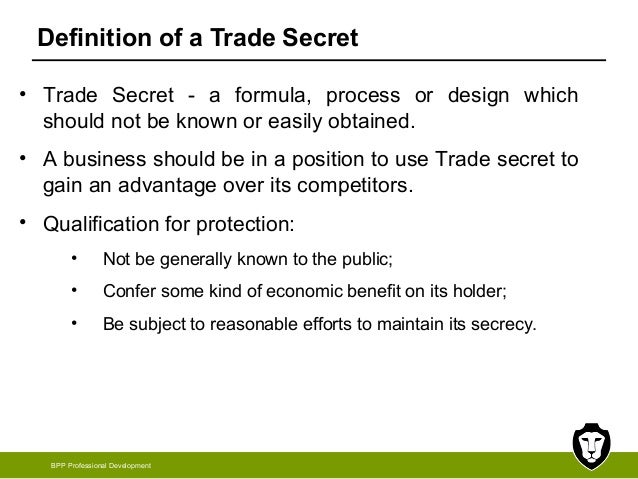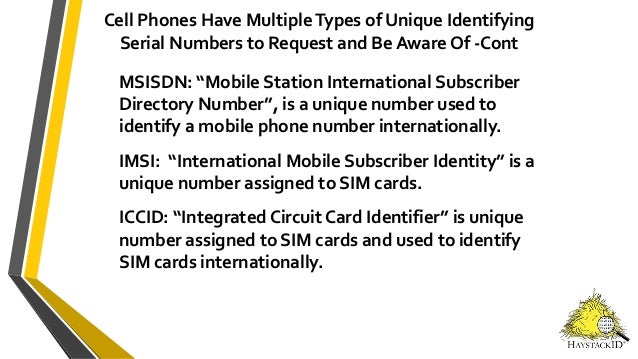

This cause of action provides trade secret owners with a uniform, reliable, and predictable way to protect their valuable trade secrets anywhere in the country. The Defend Trade Secrets Act of 2016 (DTSA) amended the Economic Espionage Act to establish a private civil cause of action for the misappropriation of a trade secret. Economic espionage refers to the theft of a trade secret “intending or knowing that the offense will benefit any foreign government, foreign instrumentality, or foreign agent.” The second offense - the theft of trade secrets - addresses theft “that is related to a product or service used in or intended for use in interstate or foreign commerce, to the economic benefit of anyone other than the owner thereof, and intending or knowing that the offense will, injure any owner of that trade secret.” These crimes are prosecuted by the Department of Justice and are punishable by imprisonment and/or fines.

The Economic Espionage Act of 1996 criminalizes trade theft under two sets of circumstances. Otherwise there is no limit on the amount of time a trade secret is protected. is subject to reasonable efforts to maintain its secrecy.Īll three elements are required if any element ceases to exist, then the trade secret will also cease to exist.

has value to others who cannot legitimately obtain the information, and.is information that has either actual or potential independent economic value by virtue of not being generally known,.Transferring ownership / Assignments help.International intergovernmental organizations.Enforcing your trademark rights/trademark litigation.
#Theft of trade secrets definition registration


 0 kommentar(er)
0 kommentar(er)
